Future Scope & Benefits: Unlock a rewarding career in maritime catering with global opportunities and a chance to showcase your culinary expertise.
Future Scope & Benefits for Certificate in Maritime Catering Course
A Certificate in Maritime Catering Course is a specialized program designed to provide students with the essential knowledge and skills required to excel in the maritime catering industry. Maritime catering involves preparing and serving meals on ships, cruise liners, and offshore installations, and it demands a unique set of culinary, hospitality, and safety skills. This course equips individuals with the competencies necessary to meet the specific needs and challenges of the maritime catering sector. As the maritime industry continues to expand, there is a growing demand for qualified catering professionals who can ensure the well-being and satisfaction of crew members and passengers during sea voyages. In this article, we will explore the future scope and benefits of pursuing a Certificate in Maritime Catering Course, including the promising career opportunities, specialized skill sets, and global job prospects that graduates can anticipate.
Future Scope of Certificate in Maritime Catering Course
-
Expansion of Maritime Industry: The maritime industry, including cruise lines, cargo ships, and offshore drilling platforms, is growing worldwide. This expansion translates into an increasing need for skilled maritime catering professionals.
-
Cruise Tourism Boom: The cruise tourism sector is experiencing rapid growth, with more people opting for cruise vacations. As cruise liners expand their fleets, there is a higher demand for qualified catering staff to meet the culinary needs of passengers.
-
Global Shipping Operations: Shipping companies rely on efficient catering services to ensure the well-being of crew members during long voyages. The ability to provide high-quality meals is crucial for morale and productivity on board.
-
Safety and Health Regulations: Maritime catering professionals are required to adhere to strict safety and health regulations to ensure food hygiene and safety standards are met. This necessitates trained and certified catering staff.
Benefits of Earning a Certificate in Maritime Catering Course
-
Specialized Culinary Skills: Graduates of this program acquire specialized culinary skills tailored to the maritime environment, including cooking in confined spaces, using galley equipment, and catering to diverse dietary requirements.
-
Understanding of Maritime Safety: Students are trained in maritime safety protocols, including food safety, fire safety, and emergency response procedures, ensuring they can operate in a secure environment.
-
Global Job Opportunities: The maritime industry operates internationally, offering graduates the chance to work on ships and offshore installations around the world, experiencing different cultures and cuisines.
-
Career Advancement: Maritime catering professionals can advance their careers to become head chefs or catering managers, responsible for managing catering operations on ships or installations.
-
Competitive Salary: Jobs in maritime catering often offer competitive salaries and benefits due to the specialized nature of the work and the need for skilled professionals.
-
Hands-On Experience: The course typically includes hands-on training in shipboard galleys, allowing students to gain practical experience in a real-world maritime catering environment.
-
Adaptability: Graduates learn to adapt to the unique challenges of cooking at sea, including working with limited ingredients and adjusting menus to suit the preferences of crew members or passengers.
-
Cultural Sensitivity: Working in a multicultural environment on ships exposes graduates to diverse cuisines and cultures, enhancing their cultural sensitivity and culinary knowledge.
-
Industry Connections: Students often have the opportunity to network with industry professionals and may even secure employment while still completing their courses.
-
Job Security: As long as the maritime industry continues to operate, there will be a demand for maritime catering professionals, ensuring job security for qualified graduates.
 1 Years
1 Years
 Certificate
Certificate
 Hotel Management and Hospitality
Hotel Management and Hospitality
 Full Time
Full Time



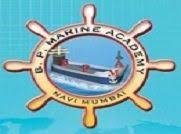

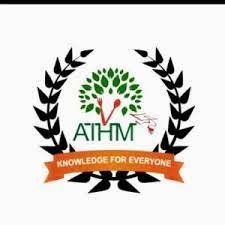


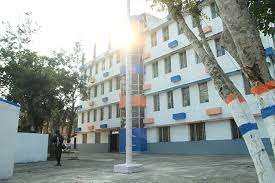
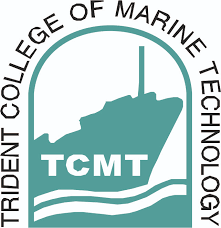
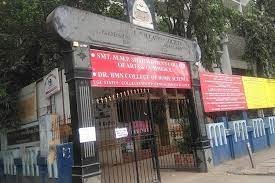




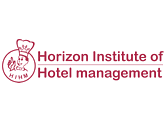

 back
back